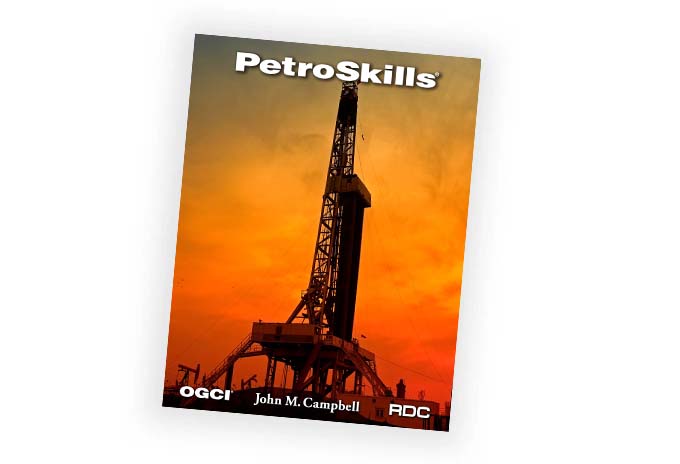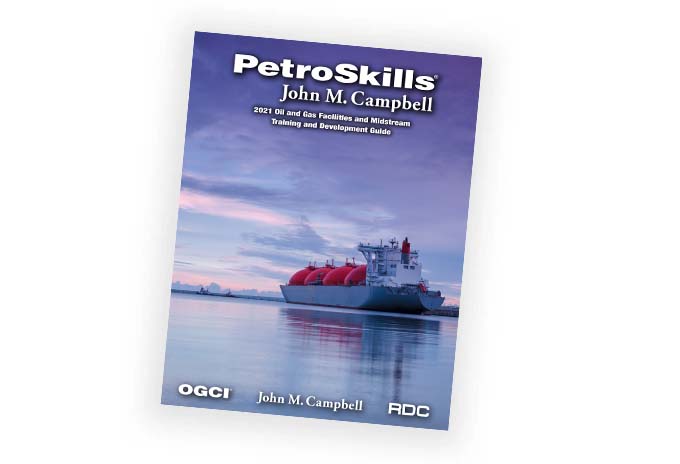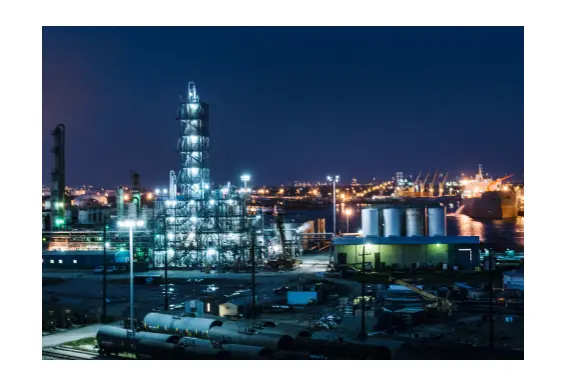Oil-Water Separation Fundamentals
e-Learning
About the eLearning Course
This module describes the characteristics of three-phase separators and discusses the methods used for oil-water separation. The following key concepts are covered in this module:
- Emulsions
- Stokes’ Law
- Oil dehydrators
- Three-phase separation
Target Audience
Process/facilities engineers and senior operating personnel involved with the design and operation of oil and produced water processing facilities.
You Will Learn
You Will Learn How To
- Describe emulsions, how they form and how they influence separator design
- Discuss how emulsions can be destabilized and eliminated
- Describe Stokes’ Law and explain the influence of its Key Parameters on the Oil-Water separation
- Estimate the settling velocity of water in three cases of Condensate, Heavy Oil, and Emulsion with different viscosity values
- Discuss how emulsions can be destabilized and eliminated to achieve the Basic Sediment and Water specifications
- Estimate the size of an oil dehydrator based on liquid-liquid separation criteria
- Describe separator applications and common types of 3-phase gas liquid-liquid separators
- List the sizing criteria for 2-phase and 3-phase separators
- Discuss the principles of gas-liquid-liquid separation and how they are applied in separator design
- Compare the residence time and droplet settling methods and discuss their application




